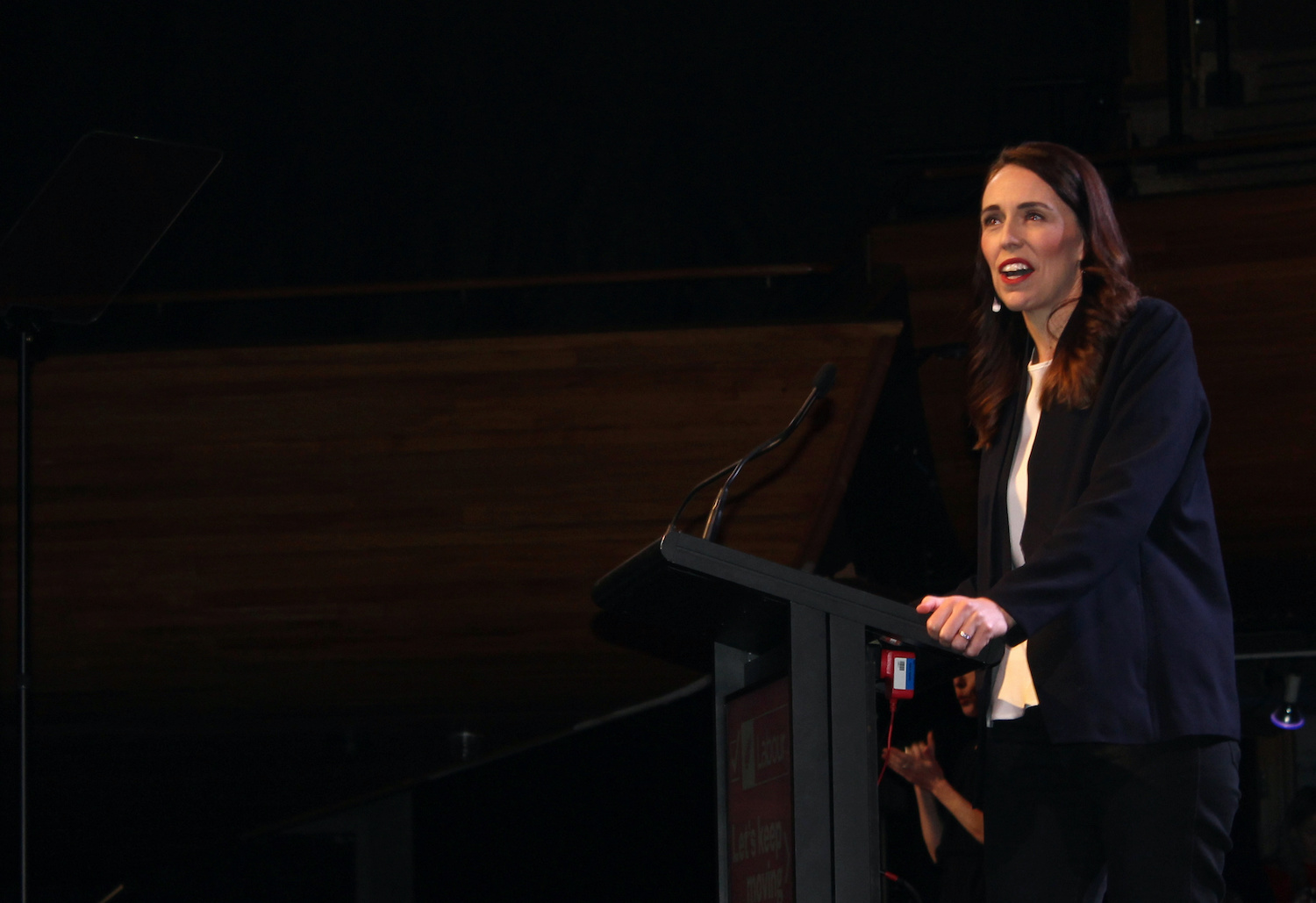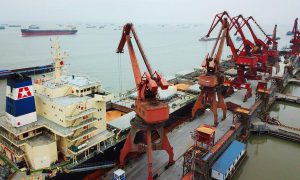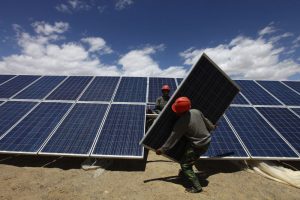(ATF) New Zealand has upgraded its free-trade deal with China to allow the island nation greater access to the mainland’s thriving economy.
The move on Tuesday comes as Beijing seeks to bolster its image as a bastion of multilateral free trade after months of deteriorating ties with the United States under former president Donald Trump.
New Zealand Prime Minister Jacinda Ardern confirmed the signing of the expanded deal.
“China remains one of our most important trade partners… For this to take place during the global economic crisis bought about by Covid-19 makes it particularly important,” she told a news conference.
The pact widens an existing trade deal with China to ensure it remains fit for a further decade, Trade Minister Damien O’Connor said in a statement.
It provides for tariffs to be either removed or cut on many of New Zealand’s mostly commodities-based exports, ranging from dairy to timber and seafood, while compliance costs will also be reduced.
CHINA’S MULTILATERAL PUSH
In Beijing, Foreign Ministry spokesman Zhao Lijian said: “The upgrade shows the two sides’ firm determination to support multilateralism and free trade.
The previous day, President Xi Jinping spoke at a virtual meeting of the World Economic Forum, criticising the isolationism and “Cold War thinking” and called for barriers to trade, investment and technological exchange to be removed.
In recent months, Beijing has signed an investment pact with the European Union and joined the world’s largest free trade bloc in the 15-country Regional Comprehensive Economic Partnership (RCEP), which includes New Zealand.
China has also expressed interest in joining the Comprehensive and Progressive Trans-Pacific Partnership (CPTPP) Agreement, the successor to a (TPP) pact, which Trump refused to be part of.
China’s new deal with Wellington also opens up sectors such as aviation, education and finance. In exchange, New Zealand will increase visa quotas for Chinese language teachers and tour guides, the official Xinhua news agency said.
New Zealand was the first developed nation to sign a free trade pact with China in 2008, and has long been touted by Beijing as an exemplar of Western engagement.
China is now New Zealand’s largest trading partner, with annual two-way trade of more than NZ$32 billion (US$21.6 billion).
But ties have been tested under Ardern’s government as New Zealand criticised China’s influence on small Pacific islands and raised human rights concerns about Muslim Uighurs.
Ardern also backed Taiwan’s participation at the World Health Organization (WHO) despite a warning from Beijing.
The wider trade pact also comes as Beijing’s ties with neighbouring Australia worsened after Canberra called for an independent investigation into the origins of the coronavirus pandemic, which was first reported in central China.
Australia has appealed to the World Trade Organization to review China’s decision to impose hefty tariffs on imports of its barley.
New Zealand, which will host the regional Asia Pacific Economic Cooperation summit this year, has said it would be willing to help negotiate a truce between China and Australia.
With reporting by Reuters
ALSO SEE:
























